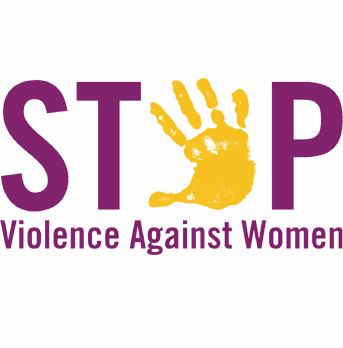Réduire la violence sexiste à l’encontre des femmes qui utilisent des drogues : Le droit à être libre
Judy Chang (INPUD) est convaincue que les femmes qui utilisent des drogues doivent se rassembler pour s’organiser et renforcer les réseaux et les communautés de manière à se préparer aux atteintes croissantes aux droits des femmes dans le monde entier. Pour en savoir plus, en anglais, veuillez lire les informations ci-dessous.
Abonnez-vous à l'Alerte mensuelle de l'IDPC pour recevoir des informations relatives à la politique des drogues.
Globally, it is estimated that one out of three women experiences gender-based violence (GBV) in her lifetime. Data on women who use drugs and their experiences of violence are scarce; this is not surprising given our status as an invisible population. As a result of criminalization, discrimination, and stigmatization, women who use drugs are disproportionately affected by violence. Women who use drugs commonly experience violence at the hands of state actors, notably the police, and when violence comes from intimate partners and the wider community, it is often perpetrated with impunity.
GBV against women who use drugs manifests as a result of a range of interrelated structural, systemic, and sociocultural drivers. Our experiences of GBV are both driven and compounded by stigma and discrimination and inequality. In 2015, the International Network of Women Who Use Drugs (INWUD), along with Women and Harm Reduction International Network, released a statement for the International Day for the Elimination of Violence against Women. The statement included a number of testimonials from women who use drugs and have been affected by violence. One woman shared her story.
Click here to read the full article.
Keep up-to-date with drug policy developments by subscribing to the IDPC Monthly Alert.
